Posts

LA Social Science Book Series About Incarcerated Indigenous Women Migrants with Professor Shannon Speed
UCLA Professor Shannon Speed's new book, Incarcerated Stories:…
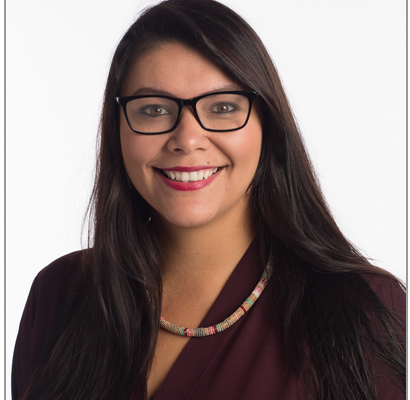
UCLA Professor Rodriguez-Lonebear Interviewed by Vice News Tonight
Dr. Desi Rodriguez-Lonebear, assistant professor of sociology…
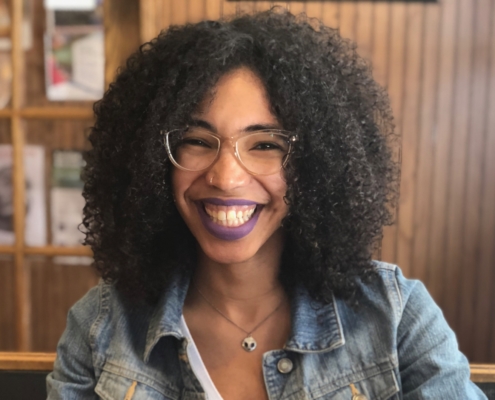
LA Social Science Student Research Spotlight: Black Feminine Erotic Activism
Dominique Rocker is finishing a Master of Arts in the Department…
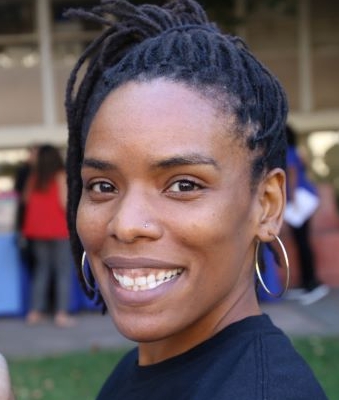
LA Social Science Scholar Profile: The Rise of Jasmin A. Young
Jasmin A. Young is currently a University of California President’s…
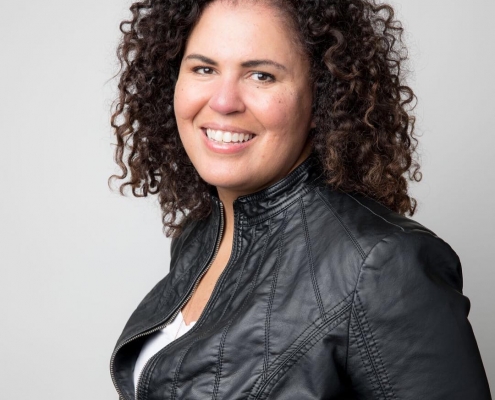
Creating an Equitable Workplace for Women
The New York Times recently hosted the New Rules Summit which…
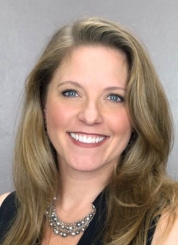
Visual Representation and Gender Fit in the Workplace
INSEAD, The Business School for the World, “brings together…
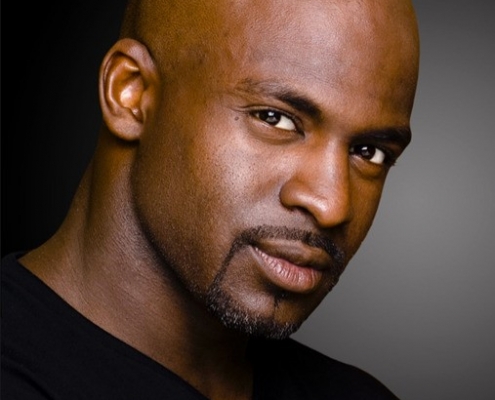
Launch of the “Women Beyond Bars: Reentry and Human Rights” Report — TOMORROW at UCLA
Congratulations to UCLA Associate Professor, Bryonn Bain, for…
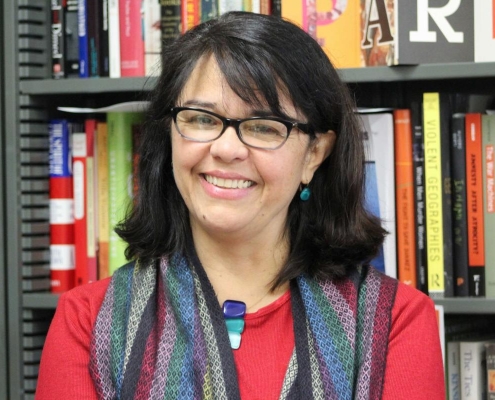
UCLA Professor Menjivar Scheduled to Speak at DWC Congressional Briefing on 10/11
On October 11, Professor Cecilia Menjivar will discuss asylum…

